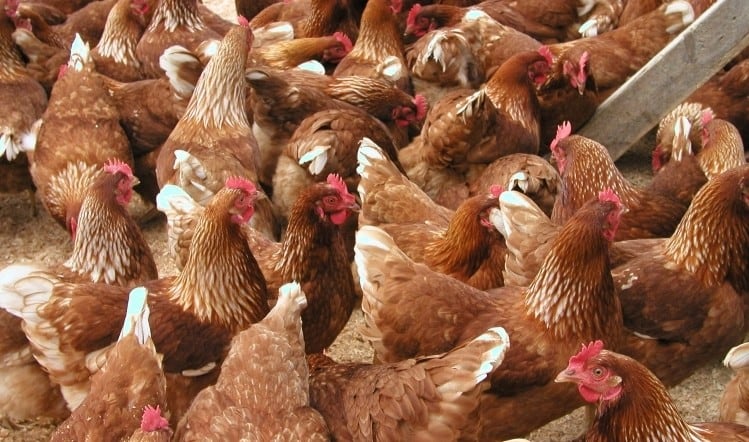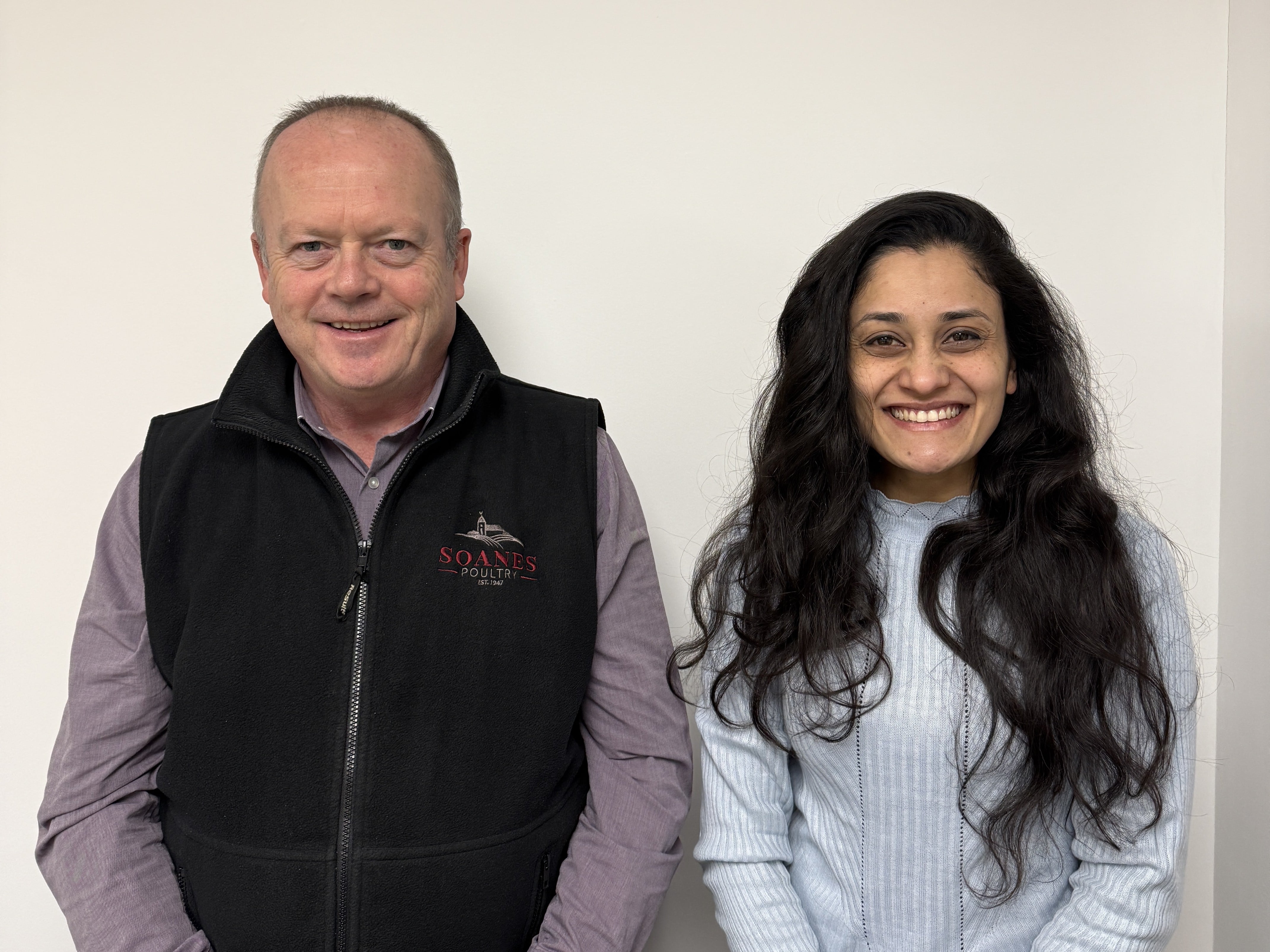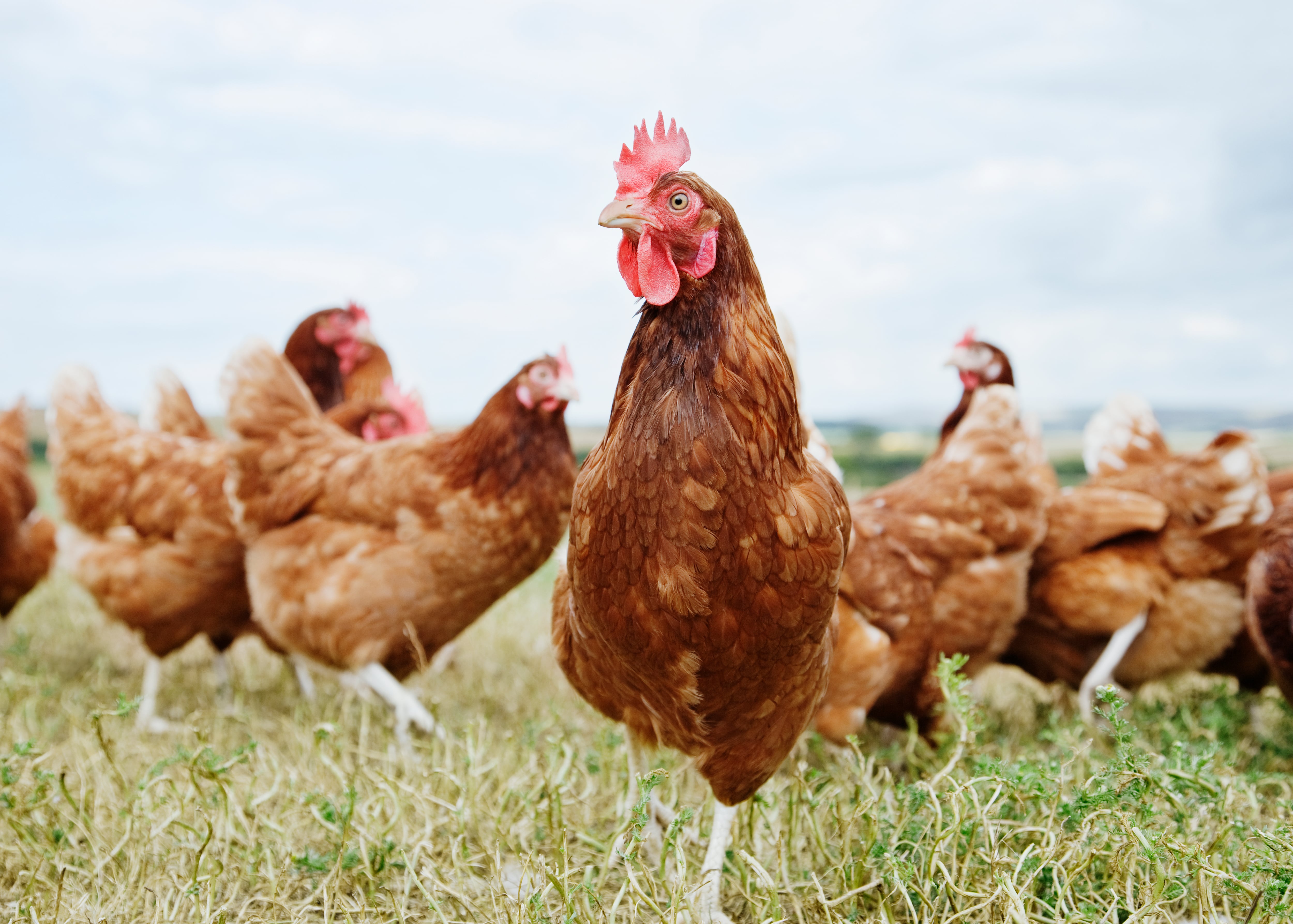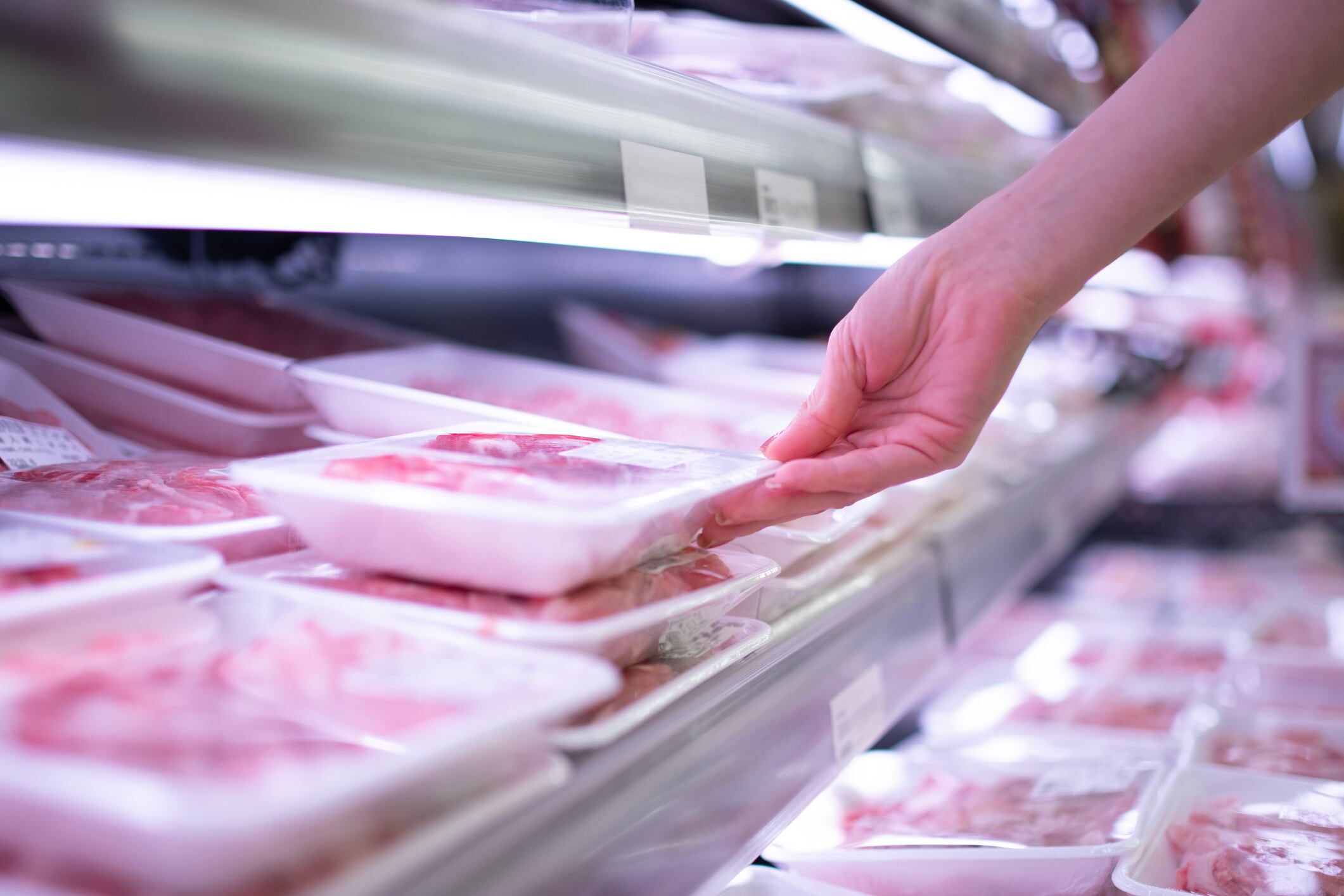Brakes currently sells more than 40 own-label fresh British chicken lines, all of which produced un the UK under the Red Tractor scheme.
Under the new standards, chickens will be provided with 20% more space to move around and perch to allow them to express ‘more natural behaviours’.
The birds will have more access to enrichments including straw bales, perching areas, items to peck at and more natu5ral light. According to Brakes, the new standards will reduce the stocking density from the industry standard of 38kg per metre to 30kg per metre.
‘New benchmark’
Paul Nieduszynski, CEO of Sysco GB, said: “We are delighted to announce the completion of our move to enhanced welfare chicken. The improvements we’ve introduced are a significant step forward, helping to set a new benchmark for bird welfare in our sector.
“We know that our customers and consumers care deeply about animal welfare, so we are pleased to be leading the wholesale sector in this area.”
At the same time as introducing the new standards, Brakes has worked with its suppliers to introduce an internal camera monitoring system on broiler chicken farms, which operates 24/7 and helps to ensure that the highest standards are maintained at all times.
Chicken welfare
In other animal welfare news, a new project to explore the practicalities and sustainability of dual-purpose, pasture-raised poultry in UK farms has secured funding from the Department for Environment, Food and Rural Affairs.
Planton Farm, in collaboration with researcher Dr Elizabeth Rowe from the University of Reading and Mike Theodorou of Biosource Consulting, is to investigate the viability of dual-purpose breeds – birds that can serve both as egg layers and meat producers.
It’s thought that by bringing value to male layer chicks, which are typically culled, dual-purpose breeds offer a more ethical and sustainable approach to poultry farming.
Meanwhile, a shake up to livestock feed controls could improve food security and promote better competitiveness with the EU, according to the Foodchain & Biomass Renewable Association (FABRA UK).





